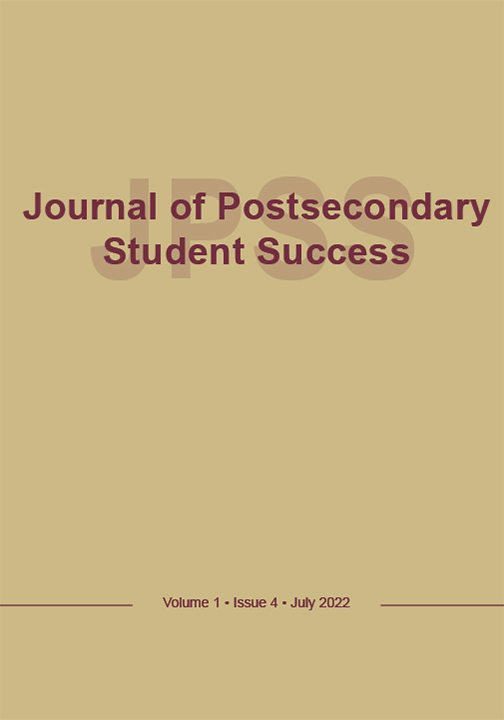Abstract
Upon the advent of the COVID-19 pandemic, hundreds of higher education institutions in the United States temporarily or permanently adopted test-optional admissions policies. Growth in the number of test-optional institutions and the longstanding criticism of standardized admissions tests as limited and unreliable predictors of college success have led to the use of broader criteria in the college admissions process. However, there remains a need to validate new predictors of postsecondary educational promise to account for a greater percentage of the variance in college outcomes. Among these potential predictors is applicants’ attributions of the behaviors and events they experience within their environment. Guided by attribution theory of motivation, we examine the predictive validity of a measure of 855 students’ causal attributions of success and failure. The measure, composed of four short-answer questions, was administered as part of a test-optional admissions policy at a large urban research university in the United States. Using hierarchical logistic and linear regression, we find that the measure is valid for use across student subgroups. The attribution score derived from the measure makes a statistically significant but nominal contribution to the prediction of four-year bachelor’s degree completion. We also find that the attribution score does not make a statistically significant nor practical contribution to the prediction of cumulative undergraduate grade point average and five-year degree completion.

This work is licensed under a Creative Commons Attribution 4.0 International License.
Copyright (c) 2022 Joseph Paris, Rachel Heiser
